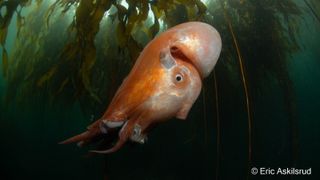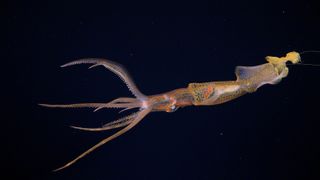Mollusk news, features and articles
Latest about Mollusks
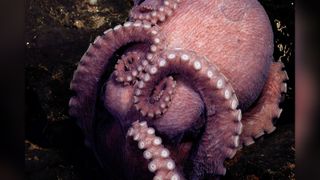
4 never-before-seen octopuses discovered in deep sea off Costa Rica
By Ashley Balzer Vigil published
Enigmatic octopuses that have been newly discovered in the waters off Costa Rica add to a growing registry of deep-sea dwellers.
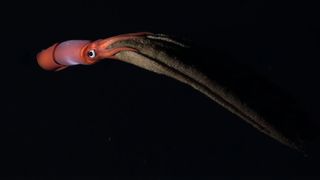
Black-eyed squid dragging thousands of eggs like a cape captured in video off Costa Rica
By Sascha Pare published
Scientists have filmed one of the only squids known to brood their eggs — the black-eyed squid — swimming with thousands of unhatched offspring suspended from hooks on its arms.
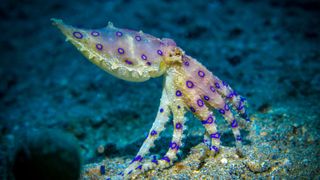
Blue-ringed octopus, one of the most toxic animals on Earth, bites teen after hiding in shell
By Harry Baker published
An Australian teenager had a lucky escape after being bitten by an extremely toxic blue-ringed octopus. A toddler also came close to touching the deadly cephalopod.
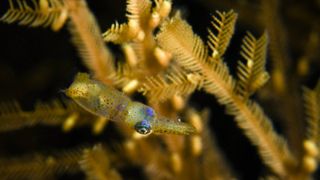
Adorable, newfound pygmy squid species named after Japanese forest fairies
By Elise Poore published
Two new species of pygmy squid have been discovered off Okinawa and named after mythical creatures.
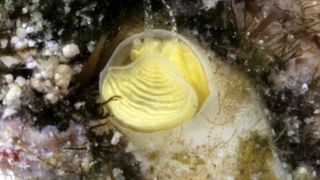
Bright yellow sea snail named 'margarita' in honor of late musician Jimmy Buffett
By Harry Baker published
The margarita sea snail, which shoots out a toxic mucus web to catch prey, was discovered on a coral reef in the Florida Keys and was named after Buffett, who died on Sept. 1.
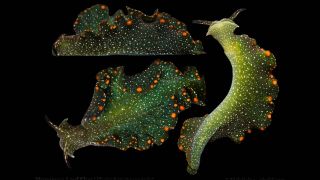
Mangrove leaf slug: The solar-powered mollusk that gobbles up sunlight then goes months without eating
By Sascha Pare published
This frilly slug lives in the mangroves of southeastern Asia and Australia, lounging in shallow pools of water and scraping up algae from which it gains the ability to photosynthesize.
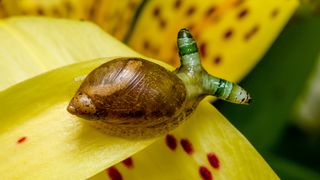
Green-banded broodsac: The brain-hijacking parasite that creates disco zombie snails
By Megan Shersby published
This parasitic worm crawls into the eyestalks of snails, takes over its brain then pulsates to make the mollusk look like a dancing caterpillar.
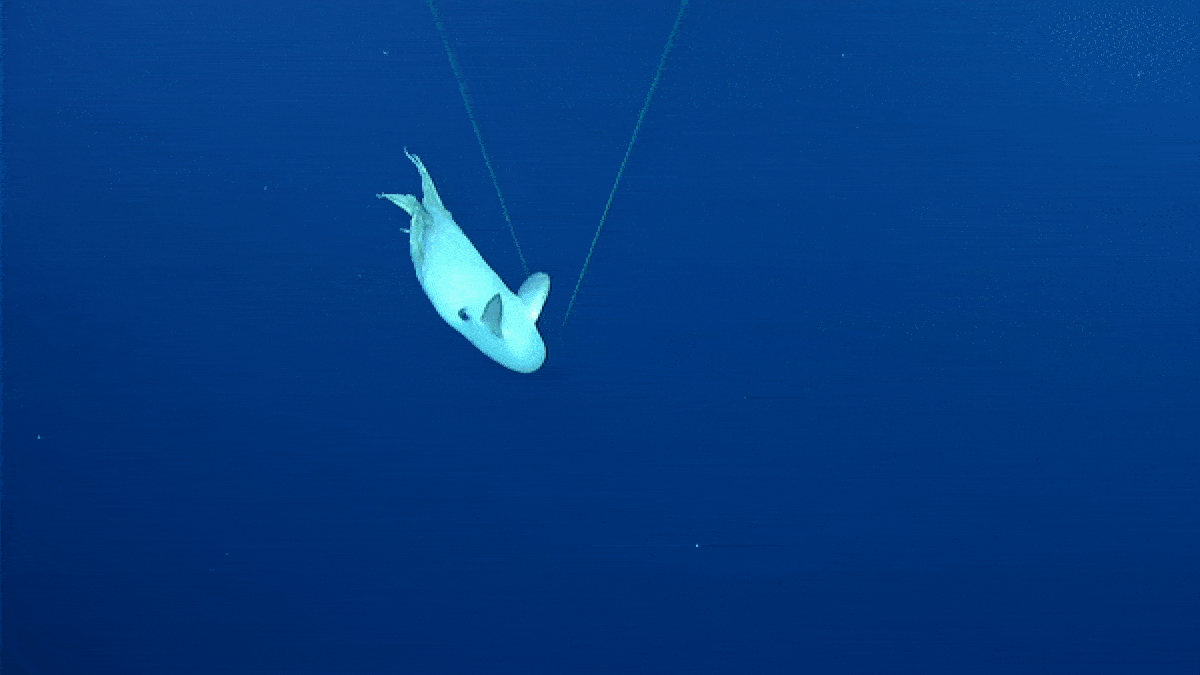
Watch ghostly dumbo octopus swim with its massive 'ears' in rare new footage
By Harry Baker published
On an expedition in Hawaii, a remote underwater vehicle filmed a dumbo octopus swimming with its ear-like fins near the seafloor. The pale white creature is one of the deepest-dwelling octopuses on Earth.
Get the world’s most fascinating discoveries delivered straight to your inbox.
 Live Science Plus
Live Science Plus





